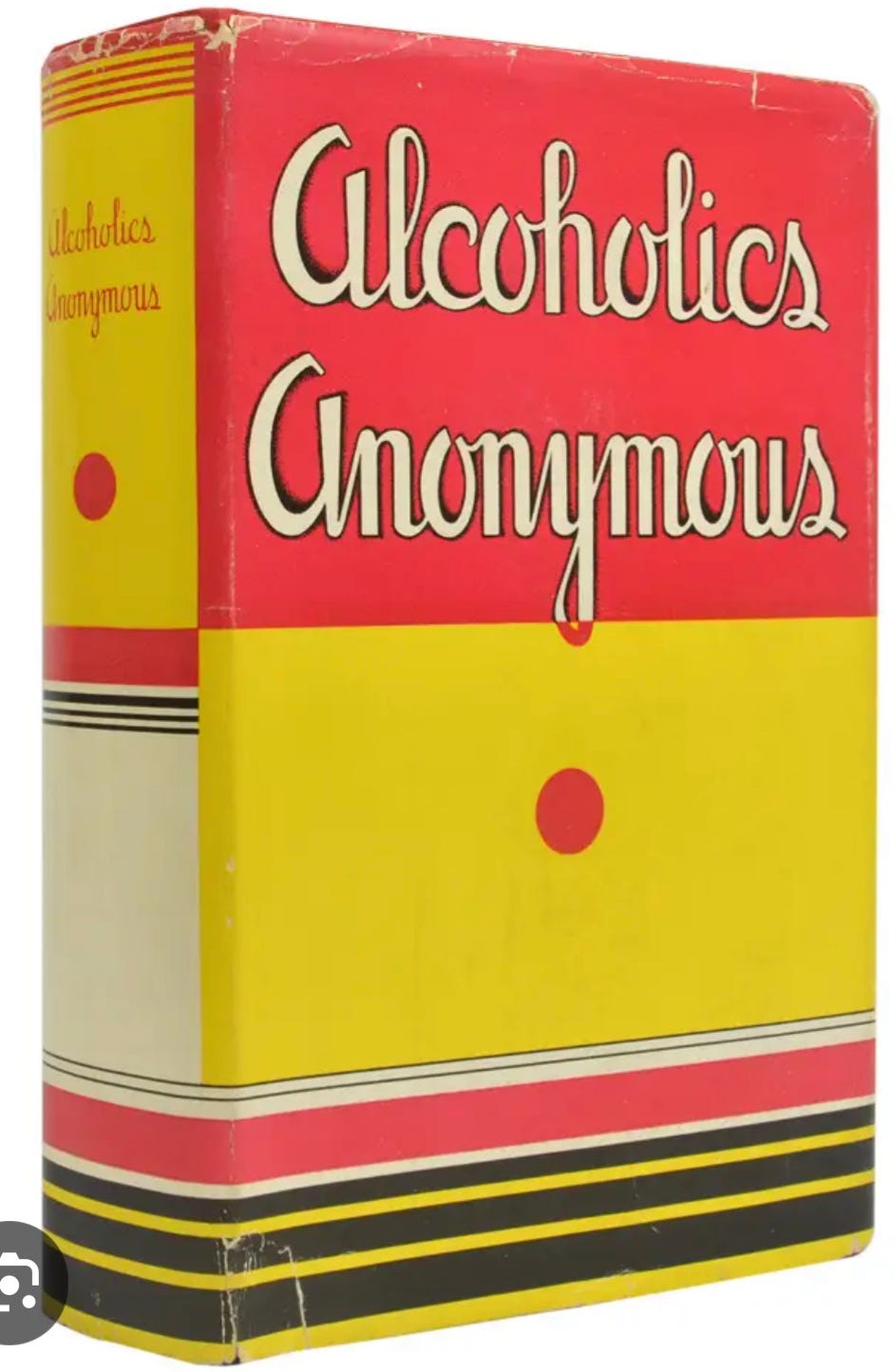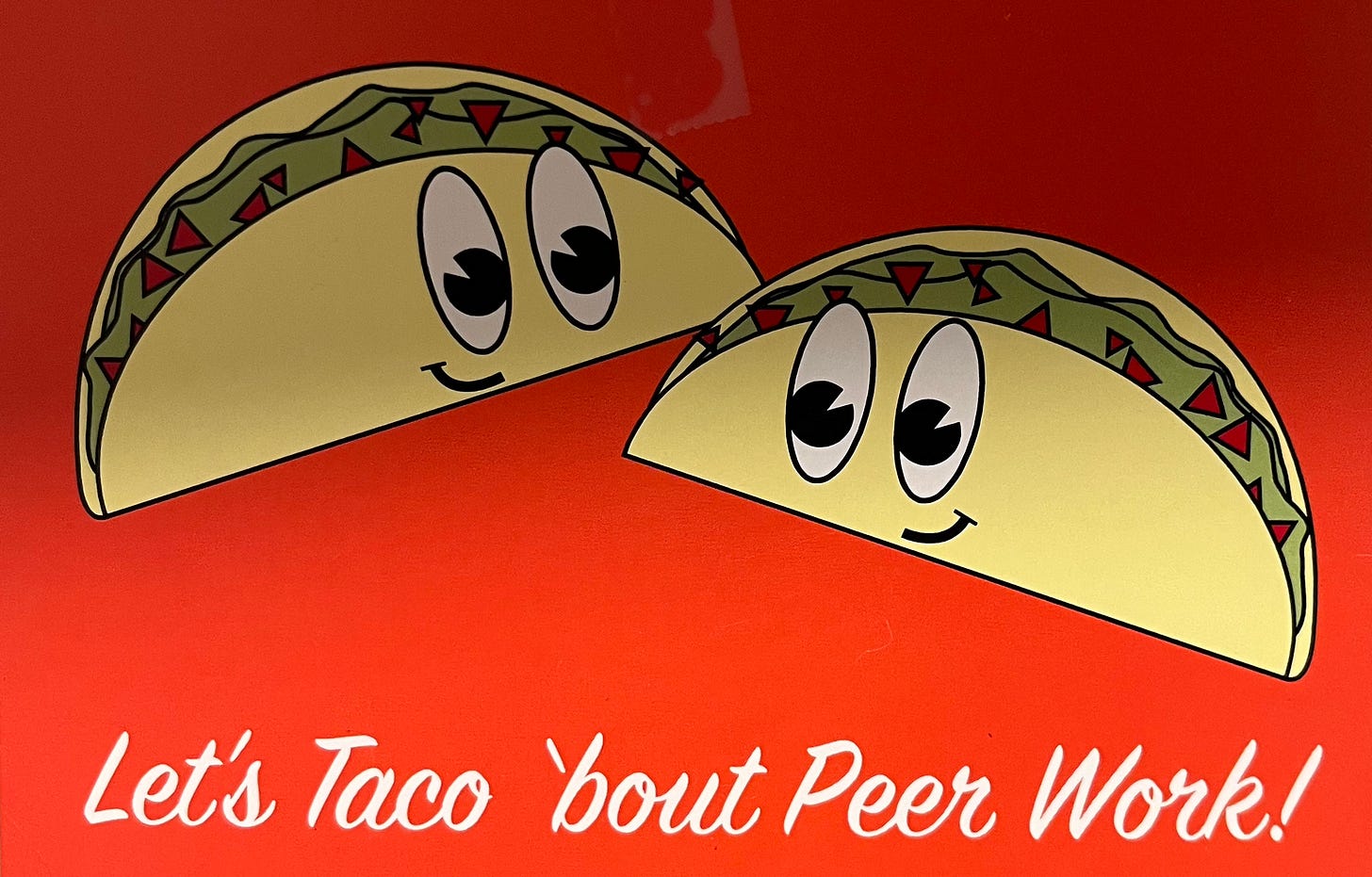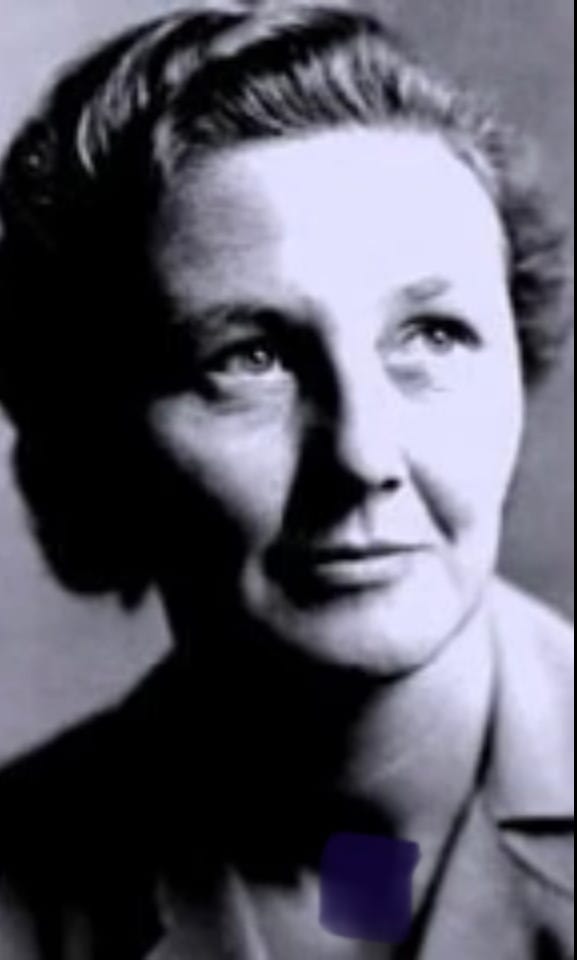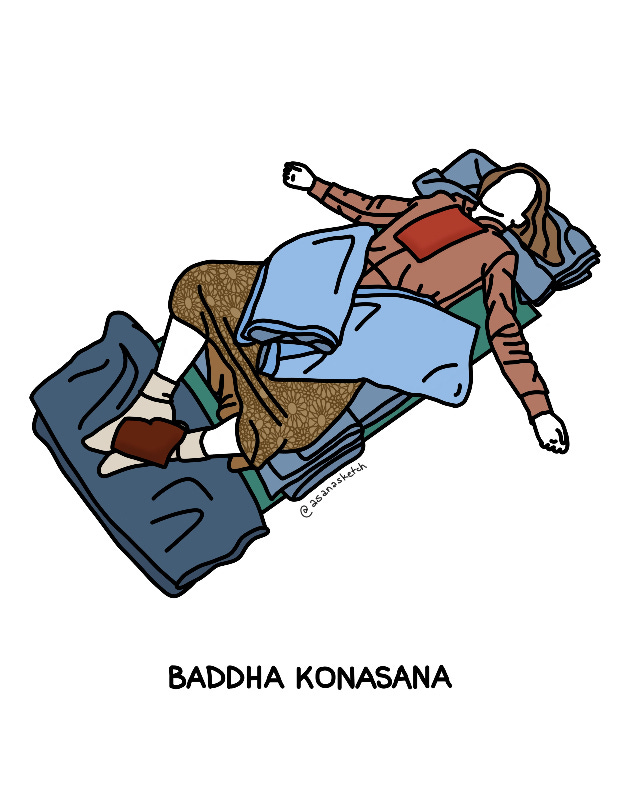Accessible Recovery Philosophy for “The General Neurotic” - The Queer Origins of 12 Step Recovery and The Yoga Sutras
Carl Jung, BKS Iyengar and a lesbian named Marty Mann walk into a bar...
Head for Knowledge
My Iyengar yoga teacher, Avery Kalapa, invited me to lead a workshop next month for their online school on recovery and the Yoga Sutras. As I gather information, I thought to share some things with you, in case you cannot attend the lecture. I came into the rooms of 12 Step recovery twenty-three years ago, eighteen months after my sister D’Arcy died of a drug overdose. Some of you know that her death was really a long, slow, painful suicide.
What you may not know is that the origins of 12 Step programs (Alcoholics Anonymous, also known as AA, being the first) are heavily informed by the Vedic texts. The founders of AA (Bill W. and Dr. Bob), a spiritual program, were students of Roland Hazard and Ebby Thacher, Carl Jung’s students. Jung, at the time, was studying Vedic scripture, and his students were, too.
“Show me a drunk and I’ll show you someone in search of God.”
- Carl Jung
Inspired by her own sense of connection as a result of reading the Alcoholics Anonymous manuscript in 1939, a pioneering queer woman named Marty Mann (later Bill W.’s sponsee or mentee), was eventually the person responsible for popularizing the disease concept of alcoholism and addiction to the global public. She changed policy with will, charisma and style.
Heart’s Wisdom
12 step recovery groups are peer‑facilitated mutual support groups. Surveys and evidence-based research show that peer work is a safe, effective, flexible and cost-effective intervention for adults to reduce anxiety, depression, suicidal ideation and other ails.
Rooms of recovery, yoga studios and yoga sanghas are magical environments full of peer support: places where people go for self discovery (svadyaya), and for spiritual development (sadhana, ishvara pranidana)… places where people’s lives can truly be transformed because of the internal quest that yoga and recovery entail, within communities of like-minded people.

The Path of Action
Marty Mann (1904 - 1980) was the first female member of Alcoholics Anonymous. She broke gender barriers and stereotypes about alcoholics and alcoholism. She became an educator, public speaker and contributed to policy change, founding the National Council on Alcoholism and Drug Dependence, and testifying before the Senate, introducing the concept to the consciousness of Americans and the world that alcoholism is a disease and not a moral failure.
She once held private audience with the Pope, and socialized with all the cool queers of the day: Vida Sackville-West and Virginia Woolf, Alice B. Toklas and Gertrude Stein, Tennessee Williams, Truman Capote, Jackson Pollack, Marc Rothko, Carson McCullers, Dorothy Parker, Eleanor Roosevelt and other art, literary and theater personalities. She had also had her own experiences as a destitute, institutionalized and homeless alcoholic, a chronically ill person and navigated classism as a white woman born wealthy whose family lost everything in the Crash of 1929.
Eventually, she created “a plan to teach people the facts about alcoholism. A plan to remove the stigma surrounding it, so people could face it unashamed and unafraid, armed with the weapons of knowledge and able to take constructive action.”
She advocated that:
Alcoholism is a disease, and the alcoholic is a sick person;
The alcoholic can be helped, and is worth helping;
Alcoholism is a public health problem, and therefore a public responsibility.
From a radical activist/yogic perspective, one could substitute the words above with all sorts of things, exchanging “alcoholism” and “alcoholic” with “delusion, and deluded,” “person living in maya,” “capitalism and capitalist,” colonization and colonizer…” It makes me say to myself: Creating peace is a public responsibility…
Marty Mann was practicing an iteration of Yoga by following the AA program but never realized it as such, and we will elaborate on that in the presentation on April 9. She followed her dharma and changed the world. She was practicing karma yoga, the yoga of service.
Jung’s eventual direct contribution to the AA “program” helped form a philosophy that has saved countless lives - “an accessible recovery philosophy for the general neurotic” (Jung’s words, not mine! Isn’t Yoga the same?).
The Yoga Sūtras are rich with 12 Step philosophy, and vice versa. Both are systems to help individuals achieve spiritual awakening swiftly and safely, to reveal universal truths and to ease suffering... systems to help us feel connected to the divine, to ourselves and to each other.
Culling from BKS Iyengar’s final book, Core of the Yoga Sūtras: The Definitive Guide to the Philosophy of Yoga, we will connect together the classic Sanskrit text to classic recovery principles and traditions, inviting discussion from those with and without experience in 12 Step recovery.
Synthesizing behavioral science and spirituality, we will read The Serenity Prayer, review Patanjali’s Eightfold Path, read The Twelve Steps and The Twelve Traditions and find their origins in Sūtras III.16 - III.55; explore the path of recovery and spiritual awakening in Sūtras II.28, II.29 and II.32; learn the important queer contribution to the Twelve Traditions, and more.
Inspiring and timeless, hopeful, connective and comforting, the online lecture, discussion and robust resource-share will be held online through Yoga With Avery’s Sadhana Support Collective on April 9 at 3pm PST. 75 minutes of Restorative Yoga led by Avery will follow.
If you’d like to join us, be in touch!
“We are endowed with arms and legs for the path of action (karma mārga), head for knowledge (jñāna mārga) and the heart’s wisdom for devotion to God (bhakti mārga) for the total surrender of oneself to God.” - Core of the Yoga Sutras, Astānga Yoga Prayoga, Tathā Parinamā, BKS Iyengar







